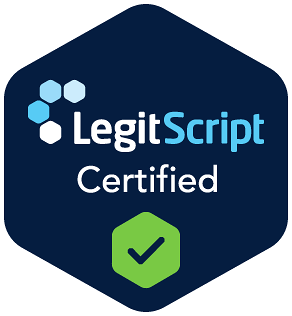altura recovery, overmountain recovery, dual diagnosis rehab, altura recovery houston, altura depression treatment, ocd full name
Comprehensive Dual Diagnosis Treatment at Altura Recovery
At Altura Recovery, we understand that individuals facing dual diagnosis require specialized care that addresses both mental health and substance use disorders. Our comprehensive approach integrates evidence-based therapies tailored to meet the unique needs of each client, ensuring that both conditions are treated simultaneously for effective recovery.
Our team of experts is dedicated to providing personalized treatment plans that encompass a variety of therapeutic modalities, including cognitive behavioral therapy (CBT), dialectical behavior therapy (DBT), and trauma-informed care. By focusing on the whole person, we aim to foster lasting change and empower clients to reclaim their lives.
Understanding Co-Occurring Disorders: A Path to Healing
Co-occurring disorders, or dual diagnosis, refer to the simultaneous presence of a mental health disorder and a substance use disorder. Understanding this complex relationship is crucial for effective treatment, as each condition can exacerbate the other, making recovery more challenging.
At Altura Recovery, we provide education on co-occurring disorders to clients and their families, helping them recognize the signs and symptoms. By demystifying these conditions, we foster a supportive environment where individuals can feel understood and encouraged to engage in their recovery journey.
What to Expect During Your Treatment Journey
Embarking on a recovery journey at Altura Recovery involves a structured and supportive process. From the moment you reach out, our team is committed to guiding you through each step, from assessment to treatment planning and beyond. We prioritize clear communication and collaboration to ensure that your treatment aligns with your personal goals.
Clients can expect regular progress evaluations and adjustments to their treatment plans based on their evolving needs. Our holistic approach means that every aspect of your well-being is considered, allowing for a comprehensive path to healing that addresses both mental health and substance use challenges.
Aftercare Planning: Sustaining Recovery Beyond Treatment
Aftercare planning is a critical component of the recovery process at Altura Recovery. As clients transition from intensive treatment to independent living, we work closely with them to develop a robust aftercare plan that includes ongoing support, therapy, and community resources.
Our aftercare services are designed to help individuals maintain their progress and prevent relapse. By providing tools, resources, and a continued support network, we empower clients to navigate life's challenges confidently and sustain their recovery long after leaving our facility.





